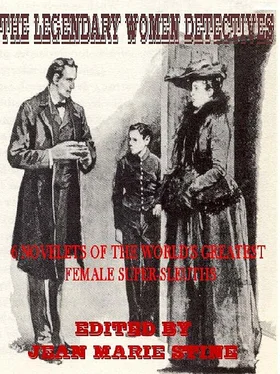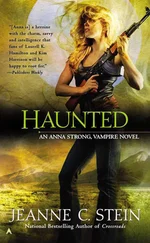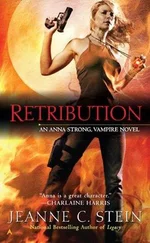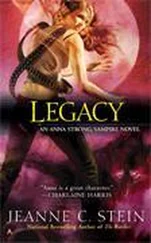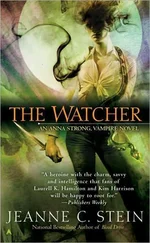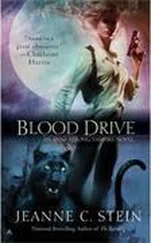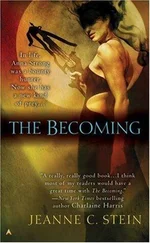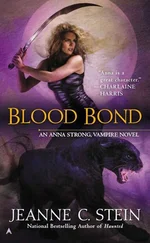In spite of the fact that only Willoughton could have murdered Kelstern, I could not believe that he had done it. The fact that Kelstern was doing his best to injure him professionally and socially was by no means a strong enough motive. Willoughton was far too intelligent a man not to be very well aware that people do not take much notice of statements to the discredit of a man whom they need to do a job for them; and for the social injury he would care very little. Besides, he might very well injure, or even kill, a man in one of his tantrums; but his was not the kind of bad temper that plans a cold-blooded murder; and if ever a murder had been deliberately planned, Kelstern’s had.
I was as close a friend as Willoughton had, and I went to visit him in prison. He seemed rather touched by my doing so, and grateful. I learnt that I was the only person who had done so. He was subdued and seemed much gentler. It might last. He discussed the murder readily enough and naturally with an harassed air. He said quite frankly that he did not expect me, in the circumstances, to believe that he had not committed it; but he had not, and he could not for the life of him conceive who had. I did believe that he had not committed it; there was something in his way of discussing it that wholly convinced me. I told him that I was quite sure that he had not killed Kelstern; and he looked at me as if he did not believe the assurance. But again he looked grateful.
Ruth was grieving for her father; but Willoughton’s very dangerous plight to some degree distracted her mind from her loss. A woman can quarrel with a man bitterly without desiring to see him hanged; and Willoughton’s chance of escaping hanging was not at all a good one. But she would not believe for a moment that he had murdered her father.
“No; there’s nothing in it – nothing whatever,” she said firmly. “If Dad had murdered Hugh I could have understood it. He had reasons – or at any rate he had persuaded himself that he had. But whatever reason had Hugh for murdering Dad? It’s all nonsense to suppose that he’d mind Dad’s trying all he knew to injure him, as much as that. All kinds of people are going about trying to injure other people in that way, but they don’t really injure them very much; and Hugh knows that quite well.”
“Of course they don’t; and Hugh wouldn’t really believe that your father was injuring him much,” I said. “But you’re forgetting his infernal temper.”
“No: I’m not,” she protested. “He might kill a man in one of his rages on the spur of the moment. But this wasn’t the spur of the moment. Whoever did it had worked the whole thing out and came along with the weapon ready.”
I had to admit that that was reasonable enough. But who had done it? I pointed out to her that the police had made careful enquiries about every one in the bath at the time, the shampooers and the people taking their baths, but they had found no evidence whatever that any one of them had at any time had any relations, except that of shampooer, with her father.
“Either it was one of them, or somebody else who just did it and got right away, or there’s a catch somewhere,” she said frowning thoughtfully.
“I can’t see how there can possibly have been any one in the bath, except the people who are known to have been there,” said I. “In fact, there can’t have been.”
Then the Crown subpoenaed her as a witness for the prosecution. It seemed rather unnecessary and even a bit queer, for it could have found plenty of evidence of bad blood between the two men without dragging her into it. Plainly it was bent on doing all it knew to prove motive enough. Ruth seemed more upset by the prospect of going into the witness-box than I should have expected her to be. But then she had been having a very trying time.
On the morning of the trial I called for her after breakfast to drive her down to the New Bailey. She was pale and looked as if she had had a poor night’s rest, and, naturally enough, she seemed to be suffering from an excitement she had to control. It was not like her to show any excitement she might be feeling.
We had of course been in close touch with Willoughton’s solicitor, Hamley; and he had kept seats for us just behind him. He wished to have Ruth at hand to consult should some point turn up on which she could throw light, since she knew more than any one about the relations between Willoughton and her father. I had timed our arrival very well; the jury had just been sworn in. Of course the Court was full of women, the wives of Peers and bookmakers and politicians, most of them overdressed and overscented.
Then the judge came in; and with his coming the atmosphere of the Court became charged with that sense of anxious strain peculiar to trials for murder. It was rather like the atmosphere of a sick room in a case of fatal illness, but worse.
It was unfortunate for Willoughton that the judge was Garbould. A hard-faced, common-looking fellow, and coarse in the grain, he has a well-founded reputation as a hanging judge and the habit of acting as an extra counsel for the prosecution.
Willoughton came into the box, looking under the weather and very much subdued. But he certainly looked dignified and he said that he was not guilty in a steady enough voice.
Greatorex, the leading Counsel for the Crown, opened the case for the prosecution. There was no suggestion in his speech that the Police had discovered any new fact.
Then Helston gave evidence of finding the body of the dead man and he and the other three men who had been with him in the hot room gave evidence of the quarrel they had overheard between Willoughton and the dead man, and that Willoughton came out of the hottest room, scowling and obviously furious. One of them, a fussy old gentleman of the name of Underwood, declared that it was the bitterest quarrel he had ever heard. None of the four of them could throw any light on the matter of whether Willoughton was carrying the missing weapon in the folds of the towel in which he was draped; all of them were sure that he had nothing in his hands.
The medical evidence came next. In cross-examining the doctors who had made the autopsy, Hazeldean, Willoughton’s counsel, established the fact quite definitely that the missing weapon was of a fair size; that its rounded blade must have been over half an inch in diameter and between three and four inches long. They were of the opinion that to drive a blade of that thickness into the heart, a handle of at least four inches in length would be necessary to give a firm enough grip. It might have been a piece of a steel, or iron, rod sharpened like a pencil. At any rate it was certainly a sizeable weapon, not one to be hidden quickly, or to disappear wholly in a Turkish bath. Hazeldean could not shake their evidence about the tea-leaf; they were confident that it had been driven into the wound and cut in half by the blade of the missing weapon, and that that went to show that the wound had been inflicted while Kelstern was drinking his tea.
Detective-Inspector Brackett, who was in charge of the case, was cross-examined at great length about his search for the missing weapon. He made it quite clear that it was nowhere in that Turkish bath, neither in the hot rooms, nor the shampooing room, nor the dressing-rooms, nor the vestibule, nor the office. He had had the plunge bath emptied; he had searched the roofs, though it was practically certain that the skylight above the hot room, not the hottest, had been shut at the time of the crime. In re-examination he scouted the idea of Willoughton’s having had an accomplice who had carried away the weapon for him. He had gone into that matter most carefully.
The shampooer stated that Willoughton came to him scowling so savagely that he wondered what had put him into such a bad temper. In cross-examining him Arbuthnot, Hazeldean’s junior, made it clearer than ever that, unless Willoughton had already hidden the weapon in the bare hottest room, it was hidden in the towel. Then he drew from the shampooer the definite statement that Willoughton had set down the towel beside the couch on which he was shampooed, that he had hurried back to the hot rooms in front of the shampooer; that the shampooer had come back from the hot rooms, leaving Willoughton still in them discussing the crime, to find the towel lying just as Willoughton had set it down, with no weapon in it and no trace of blood on it.
Читать дальше
